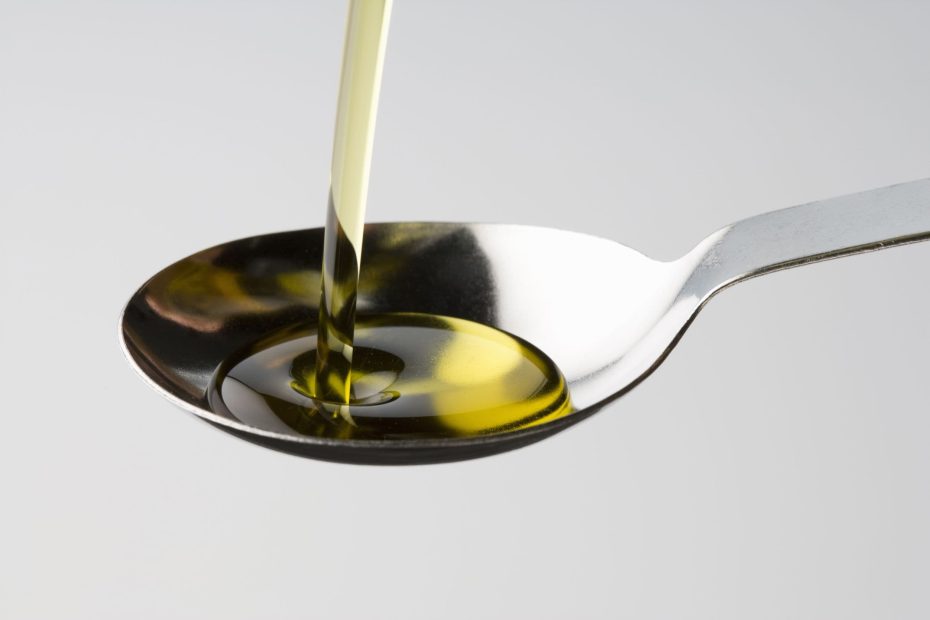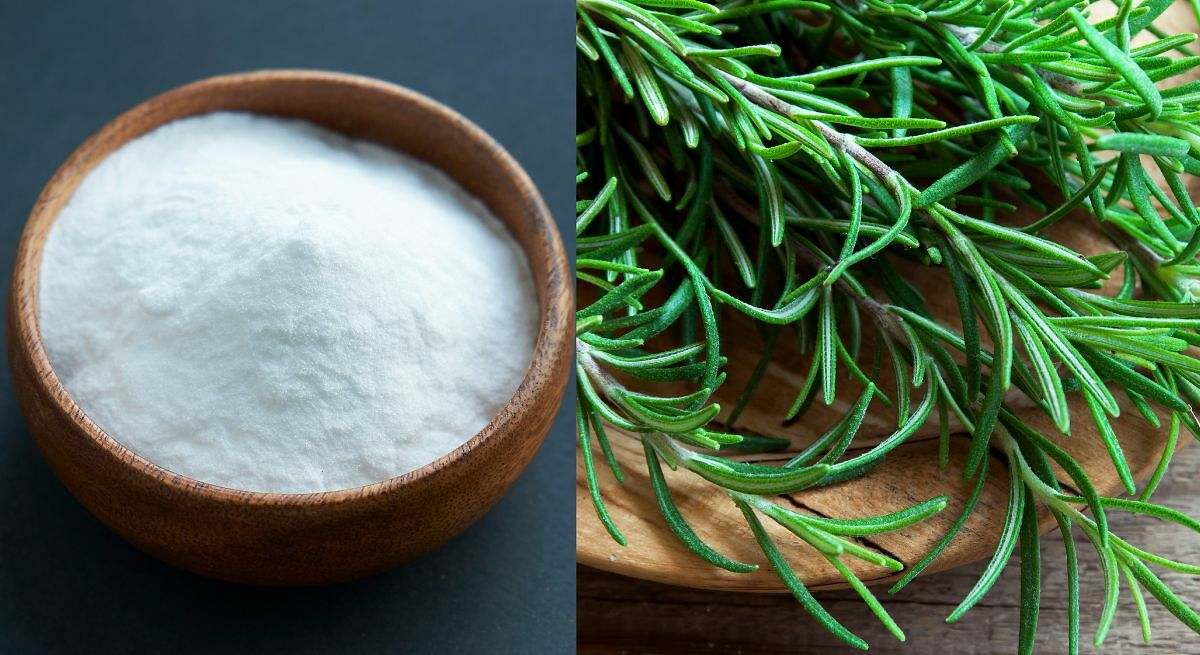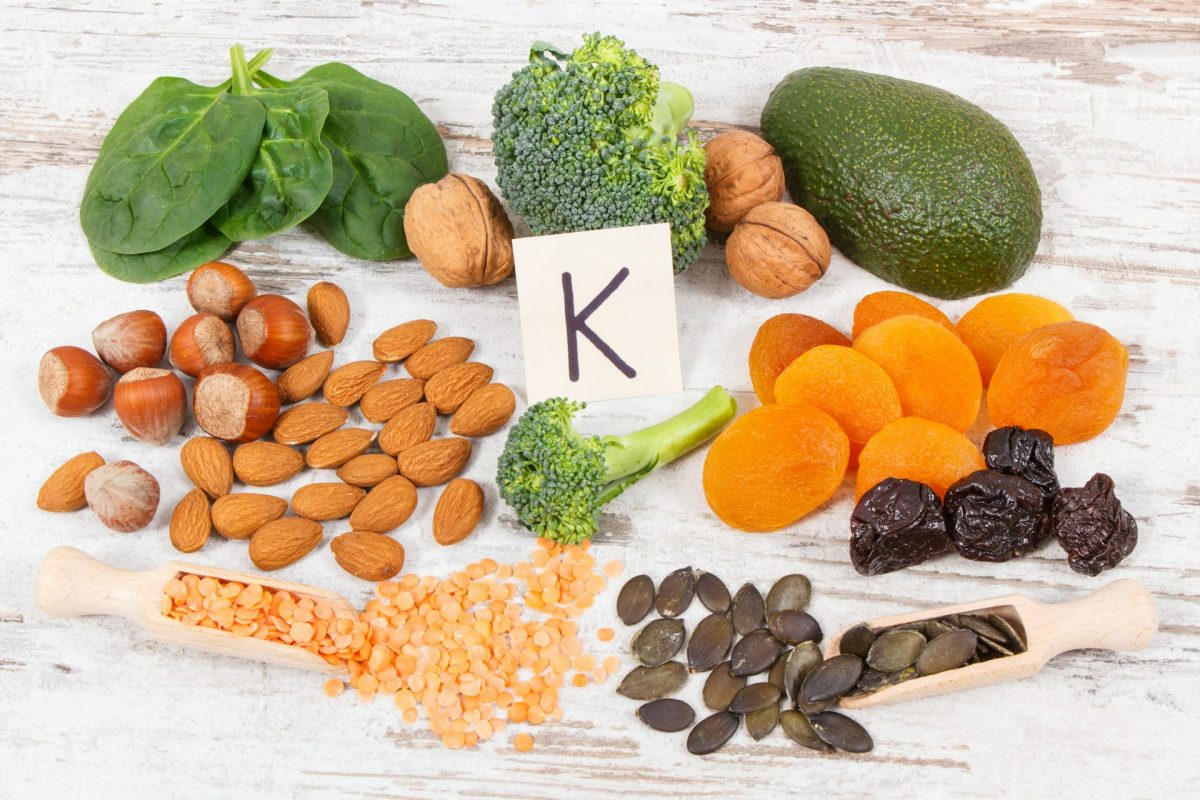In recent years, it has become popular to drink a tablespoon of olive oil on an empty stomach. Here we tell you what the experts say about this practice and whether it really is beneficial.
In recent years, especially thanks to social media, it has become fashionable to take a spoonful of olive oil on an empty stomach. Many people claim that this practice has a multitude of benefits for the body, although it is advisable to seek the opinion of experts before incorporating it into our daily routine.
Properties of olive oil
Olive oil, especially extra virgin olive oil, is one of the most popular and healthy foods in the Mediterranean diet. Often referred to as liquid gold, it is a true nutritional gem, thanks in large part to its unsaturated fats. ‘Unlike saturated fats, unsaturated fats help maintain normal blood cholesterol levels,’ explains dietitian-nutritionist Manuel Moñino in an article published by the Spanish Academy of Nutrition and Dietetics.
It also contains a wide variety of bioactive compounds, including polyphenols, tocopherols (vitamin E), sterols and squalene. All of these have antioxidant and anti-inflammatory properties.
Olive oil on an empty stomach: what do the experts say about drinking it?
Although it has recently become popular, the idea of consuming olive oil on an empty stomach is not new. However, it has become fashionable again, accompanied by promises of detoxification or miraculous effects. Obviously, this is not the case, but, as Dr. Manuel Manzano explains on the YouTube channel Alimentos Saludables y sus Beneficios (Healthy Foods and Their Benefits), it can be a beneficial practice, especially for digestive health.
‘It has been proven that taking a tablespoon of olive oil on an empty stomach every morning is the best way to prevent any type of chronic constipation,’ says the expert. He explains that when taken on an empty stomach, its fat emulsifies with the water present in the intestine and is not completely absorbed.
In any case, as it is a very healthy food, olive oil is good to consume at any time of the day. Therefore, it should be included in any healthy and balanced diet.
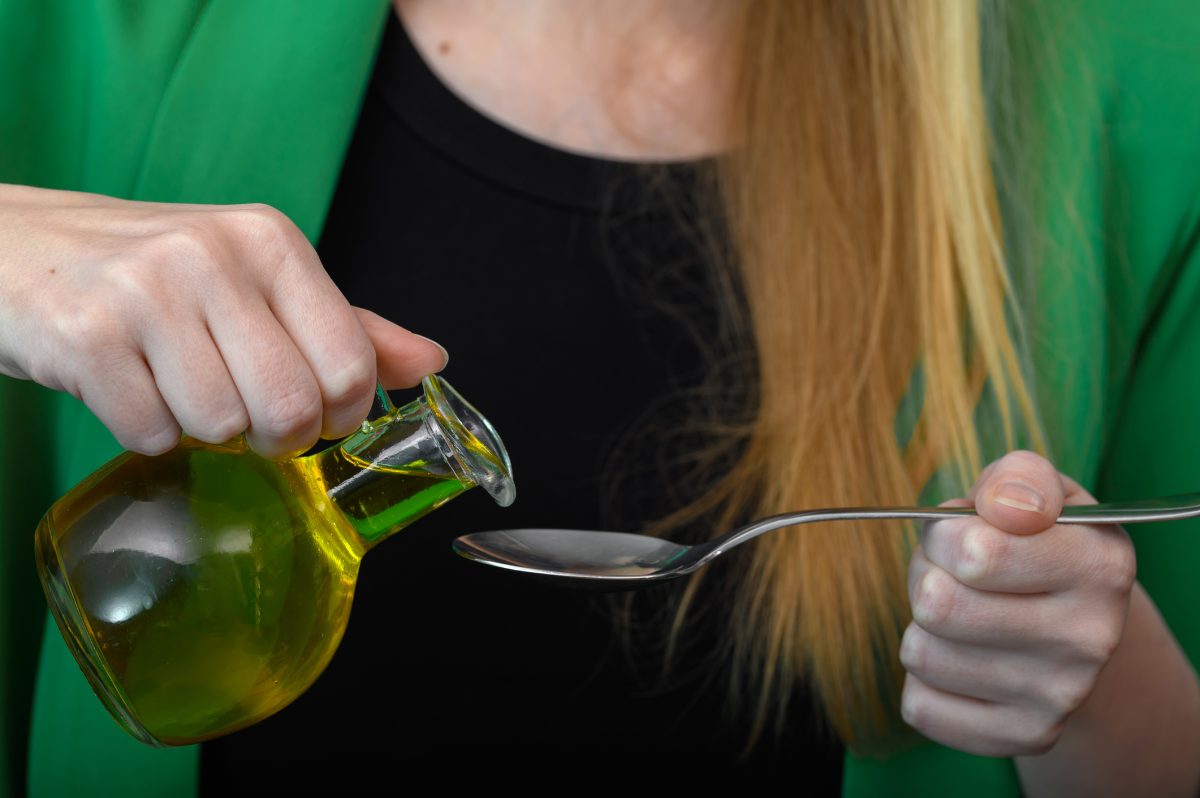
Benefits of olive oil on an empty stomach
Dr. Facundo Pereyra, a specialist in gastroenterology, also recommends taking a tablespoon of olive oil on an empty stomach and points out its benefits:
- It helps improve digestion: it can act as a mild laxative, thus promoting bowel regularity.
- It is a natural anti-inflammatory: it contains oleocanthal, a compound with anti-inflammatory properties similar to ibuprofen.
- It supports cardiovascular health: being rich in monounsaturated fatty acids and antioxidants, it can help reduce the risk of heart disease.
- It cares for the health of the skin: regular consumption of olive oil contributes to more hydrated and healthy skin.
- It helps control cholesterol: it can reduce levels of LDL cholesterol (the bad kind) and increase levels of HDL cholesterol (the good kind).
How much olive oil can you consume per day?
Some people recommend olive oil on an empty stomach to lose weight. However, although it has satiating power, we must not forget that it is still a fat and therefore provides many calories. Specifically, according to the Spanish Nutrition Foundation (FEN), about 899 per 100 grams (about 90 per tablespoon).
Dr Borja Bandera, a specialist in endocrinology and nutrition, recommends not exceeding 20 or 30 millilitres of olive oil per day. That would be about two or three tablespoons. ‘If a healthy food causes us to gain excess fat, then we will lose its benefits, as we will be promoting a metabolic situation that is harmful to our health in other ways,’ he explains.
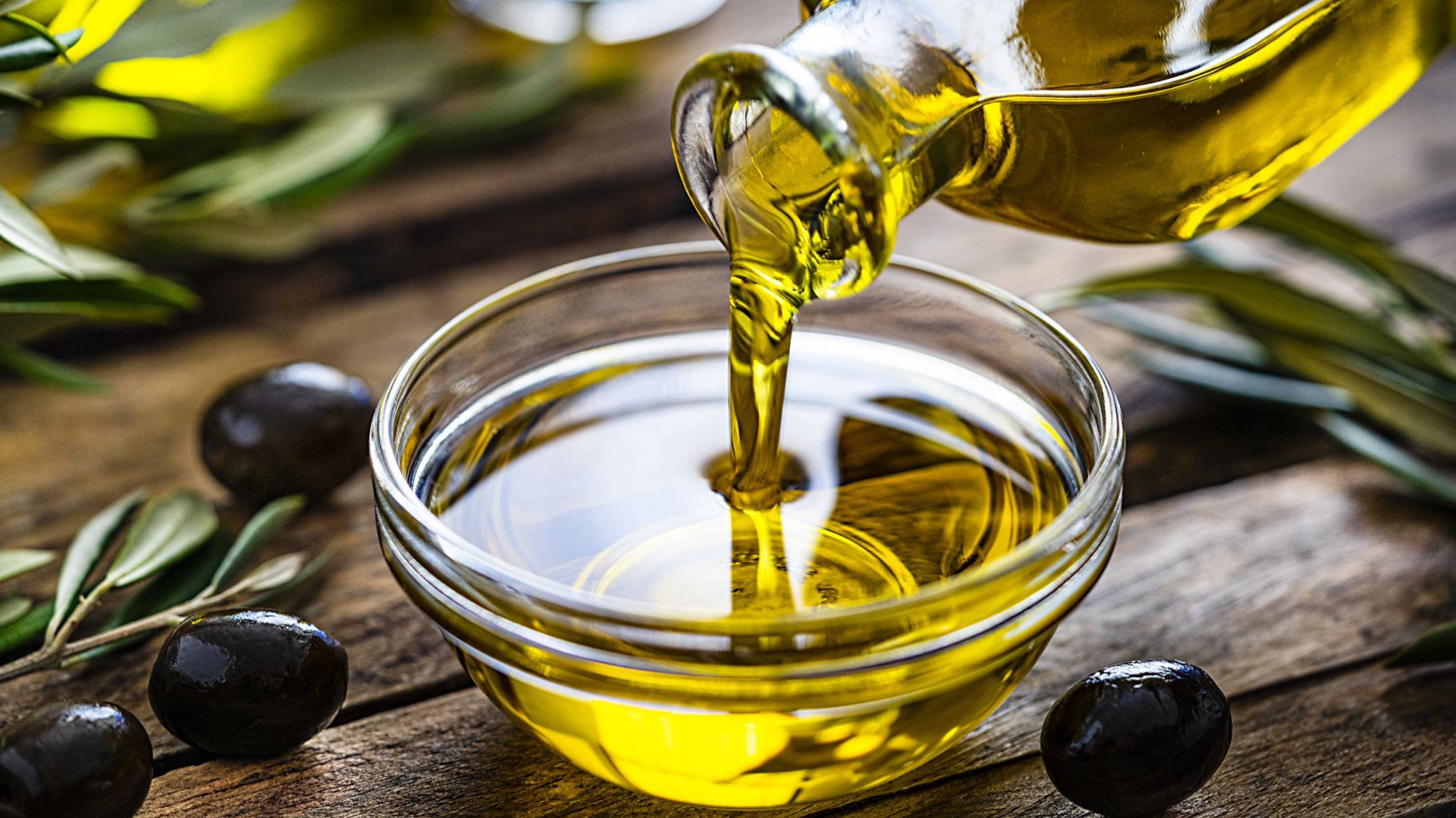
Risks of olive oil
Although it is healthy, olive oil must be used responsibly to avoid certain health problems.
In one of the videos on his YouTube channel, Dr. Alberto Sanagustín points out the main risks of olive oil and how to avoid them:
- Falling for deception: some brands label their products as extra virgin olive oil when they are actually blends. Therefore, it is important to check that they have quality certificates.
- Cooking at very high temperatures: above 190 degrees, olive oil breaks down and loses its properties. It can even release toxic substances. Ideally, it should be used raw or for cooking at medium temperatures. For cooking at very high temperatures, sunflower oil or avocado oil can be used.
- Storing it incorrectly: olive oil is sensitive to oxygen, heat and light. Therefore, store it in a cool, dark place to prevent it from oxidising. Also, close the lid of the container tightly after each use.
- Not checking the best before date: although it does not expire, after a certain date it begins to lose its nutritional value and may oxidise. Ideally, it should be consumed within 12 months of production.
- Avoiding it in certain cases: although it is very healthy, some people are allergic to olive oil. It is also not recommended for people with gallstones, pancreatitis, fatty liver or excess weight.

